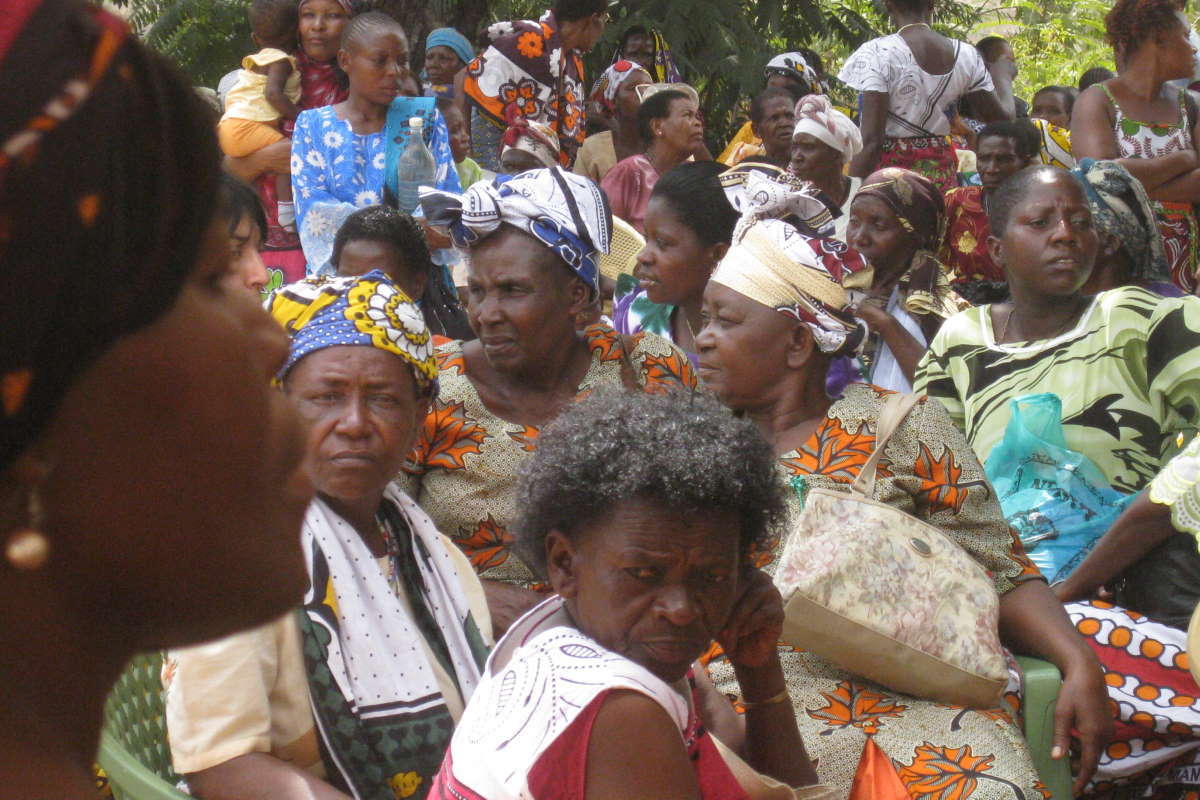
The percentage of women in senior leadership positions among the top Kenyan companies and in the government is still dramatically lower than that of men.
The obstacles hindering women in senior leadership positions in Kenya are either cultural, economic or political factors. These are supported by gender stereotyping and patriarchal structural norms that continue to be stacked high up against women in society. As a result, educated and successful women in high positions experience sexism from their peers and communities.
This problem can be eliminated by the government and civil society organisations through implementing leadership programmes that develop, connect, mentor and educate young potential women leaders.
But in spite of the challenges that exist, some progress has been made as this article outlines below.
Kenya has developed several policies and frameworks to promote women’s representation in senior positions. Article 27 of the 2010 Constitution guarantees equality and freedom from discrimination. It states that every person is equal before the law and has the right to equal protection and equal benefit of the law.
Beyond the Supreme law, the development blue-print Kenya Vision 2030 has reinforced the same. Other policy and legal frameworks have been enacted to promote, enforce and monitor equality and non-discrimination. These include the National Human Rights Policy and Action Plan; the Marriage Act 2014; the Matrimonial Properties Act 2013; the Land Act 2016; and the Draft National Policy on Gender and Development, among others.
Kenya has also recognised that women’s economic empowerment is critical to achieving gender equality as well as sustainable development which encompass productive employment and decent work for all, ending poverty and reducing inequalities. To this end, the government has put in place various programmes that include gender mainstreaming, affirmative action and gender-responsive budgeting.
The government has also set aside special catalytic funds dedicated to women, which include:
- A Women Enterprise Fund that provides micro-finance credit and other financial support for women; and
- The Uwezo fund that gives seed money as start-up capital to special interest groups.
The Kenyan Constitution has served the gender agenda impressively well.
Article 27 (8) states that: “The State shall take legislative and other measures to implement the principle that not more than two-thirds of the members of elective or appointive bodies shall be of the same gender.”
In addition, the Constitution reserves 47 seats for women in the National Assembly and 16 seats for women in the Senate, courtesy of Article 98.
Subsequently, there has been tremendous growth in women participating and holding key positions. The trajectory has been upward. After the 2013 general elections, women’s representation in Parliament increased from 22 women in the 11th Parliament to 86 in the 12th Parliament, while 96 women were elected as members of County Assembly.
In 2017, Parliament had three women elected and 18 nominated to the Senate, three women elected as Governors, 98 women elected as members of County Assembly, while 599 were nominated in the fulfillment of the two-thirds gender principle at the County level.
Other sectors fared much better with women accounting for 57% of all practicing lawyers, 49% of magistrates, 41% of High Court judges, 36% of County Commissioners, 33% of Members of County Assemblies and 31% of Senators, to mention some important sectors.
The road towards achieving gender equality is long and arduous, but this is a goal that the country should never tire to move towards in order to ensure the development of all in our society, particularly the less privileged – girls and women.

